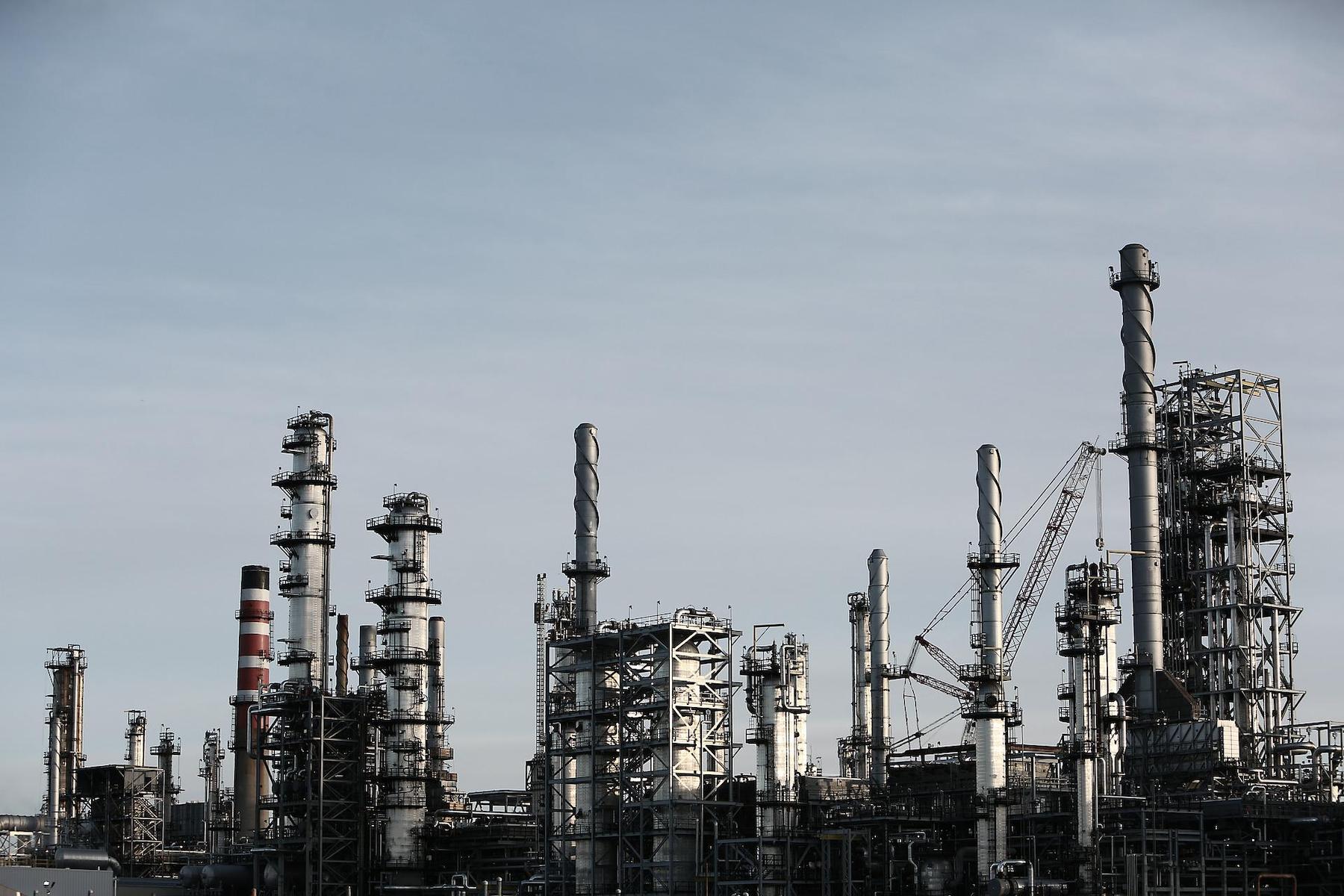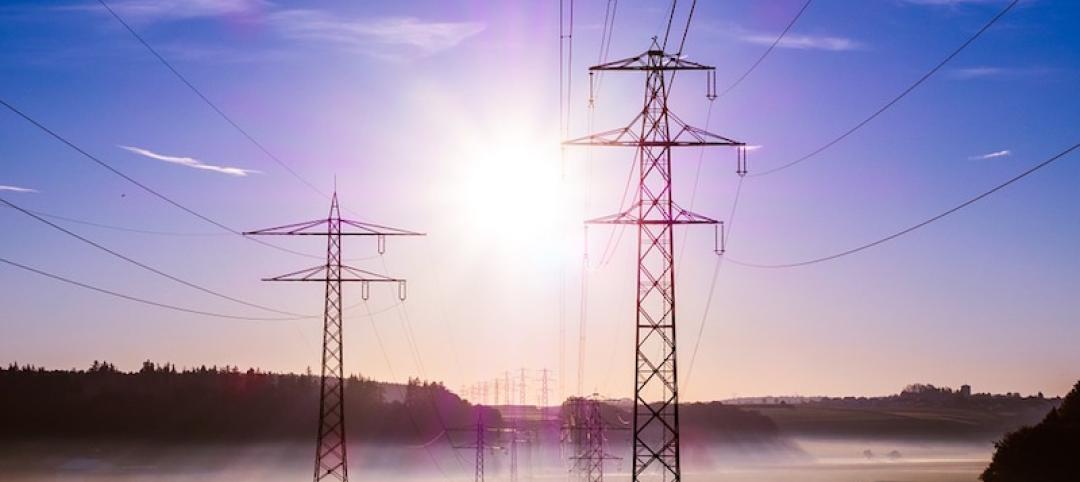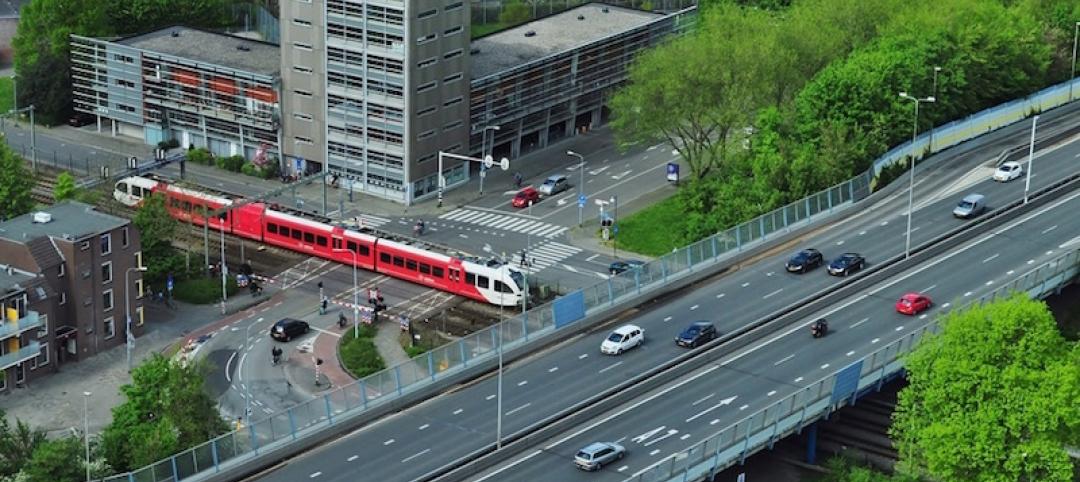The American Institute of Steel Construction has released updated environmental product declarations (EPDs) “to help designers and building owners design more environmentally friendly buildings and bridges,” according to an AISC news release.
The organization develops industry-average environmental product declarations (EPDs) for three products: fabricated hot-rolled structural sections, fabricated steel plate, and fabricated hollow structural sections (HSS)—the latter developed with the Steel Tube Institute. “These documents are designed to facilitate an accurate, apples-to-apples comparison of the structural materials on the market today,” the release says. These documents are updated every five years.
“Many people associate steel with old smokestacks and air pollution, but structural steel is now the premier green building material,” said AISC President Charles J. Carter, SE, PE, PhD. “Over the past three decades, the steel industry has reduced greenhouse gas and overall emissions by 36%. And the American structural steel industry is leading the way to a greener future with a carbon footprint nearly half the world average. By comparison, Chinese structural steel has three times the global warming potential of domestic steel.”
Many rating systems (LEED V4), standards (ASHRAE 189.1), green building codes (IgCC), and specific customers require the submission of environmental product declarations (EPDs) for products delivered to the project site. These EPD life-cycle assessments provide information on environmental impacts related to the manufacture of the product, including global warming potential, ozone depletion, acidification, eutrophication, and ozone creation.
AISC works with its mill members to develop industry average EPDs for structural steel produced in the United States. In addition to quantifying the impacts of the mill processes, the EPD work quantifies the industry average per ton environmental impacts of the fabrication process.
Related Stories
Codes and Standards | Oct 24, 2016
Fall hazards, hazard communication lead 2016 OSHA top violations
The 2016 list bears a strong resemblance to the 2015 list.
Codes and Standards | Oct 21, 2016
Green Bond Guidelines for the Real Estate Sector updated
The market growth is a signal of future opportunities.
Codes and Standards | Oct 20, 2016
What top-ranked energy efficiency states are doing right on codes, utility mandates
Calif., and Mass., use aggressive targets to lead nation.
Codes and Standards | Oct 20, 2016
New cross-laminated timber fire tests back proponents of high-rise wood structures
'Demonstrating for the first time the feasibility of tall mass timber buildings in the U.S.’
Codes and Standards | Oct 14, 2016
ASCE issues first tsunami-safe building standards
The new standards will become part of international building code.
Codes and Standards | Oct 12, 2016
Making concrete greener
The high energy-consuming material can be made more sustainably.
Codes and Standards | Oct 11, 2016
Historic preservation moving beyond saving grand old buildings
National Trust for Historic Preservation CEO says the focus is on saving cities, not just buildings
Codes and Standards | Oct 10, 2016
Los Angeles voters will decide whether high-density developments should be harder to build
A March vote on the Neighborhood Integrity Initiative would put 2-year ban on zoning changes
Codes and Standards | Oct 10, 2016
New sustainable landscape development and management credential launched
GBCI offered the first testing opportunity Oct. 3 at Greenbuild
Codes and Standards | Oct 6, 2016
Obama administration will spend $80 million for smart cities initiatives
The technology is targeted for climate, transportation, resiliency.
















